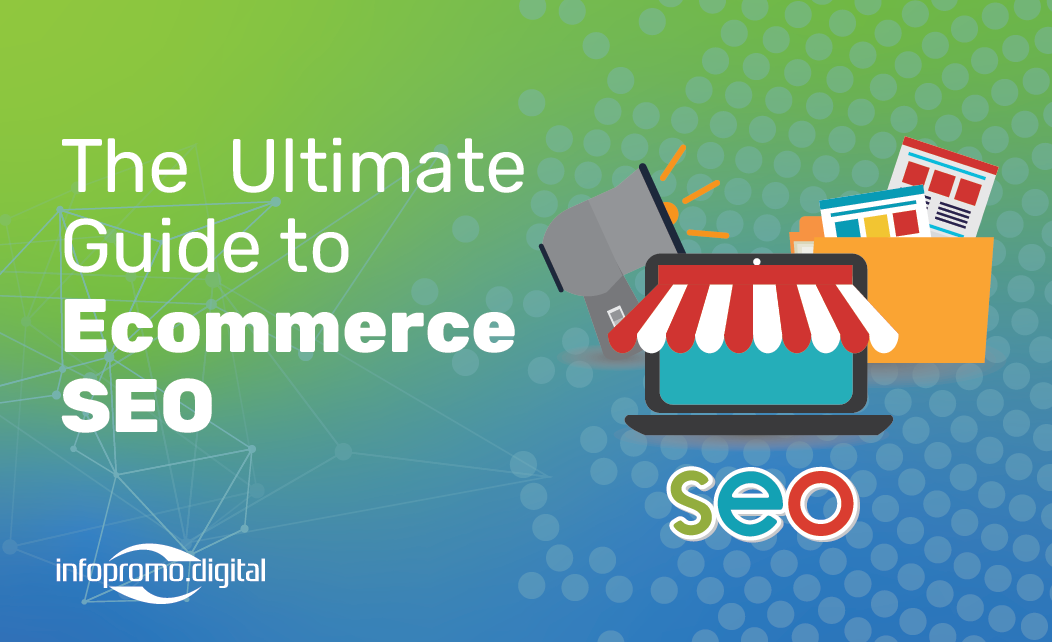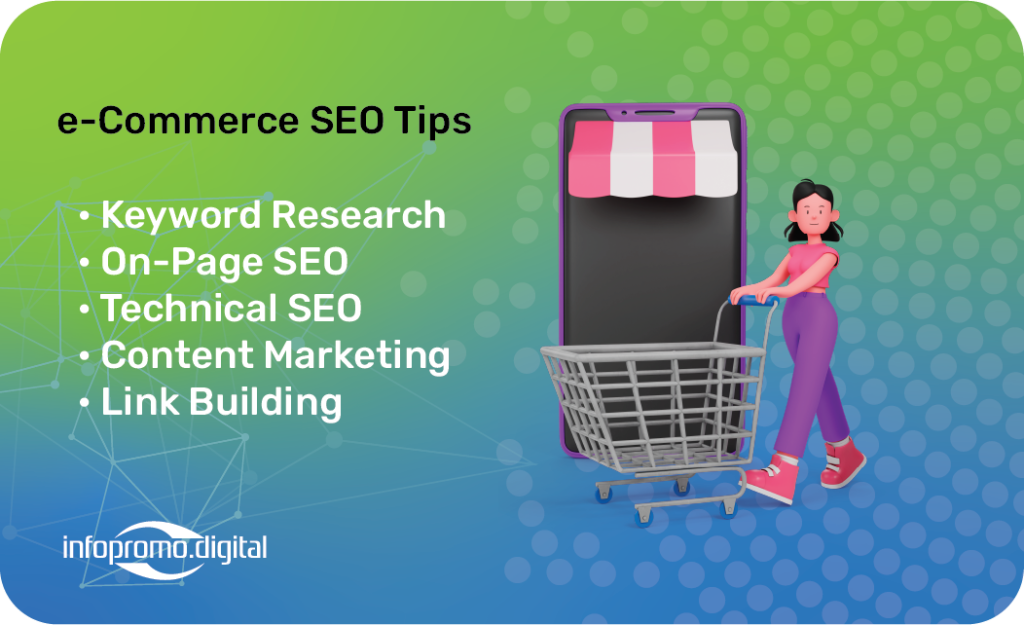
Ecommerce has revolutionized how businesses operate, allowing them to reach customers across the globe. However, with the increasing competition, simply having an online store isn’t enough. To stand out, you need to optimize your ecommerce website for search engines. This guide will walk you through essential SEO strategies and techniques tailored for ecommerce websites, helping you improve your search engine rankings and drive organic traffic.

Understanding Ecommerce SEO
Ecommerce SEO involves optimizing your online store to make it more visible in search engine results. A well-optimized site appears higher in search engine results pages (SERPs), attracting more organic traffic. Here are the key strategies to master ecommerce SEO:
Keyword Research
Keywords are the foundation of SEO. Begin by researching the keywords your target audience uses. Tools like Google Keyword Planner, Ahrefs, and SEMrush can help you identify high-traffic keywords relevant to your products. Focus on long-tail keywords as they often have less competition and higher conversion rates.
On-Page SEO
On-page SEO involves optimizing individual pages on your website. Here are the critical elements:
- Title Tags: Ensure each product page has a unique and descriptive title tag containing your primary keyword.
- Meta Descriptions: Write compelling meta descriptions that include relevant keywords and encourage clicks.
- Header Tags (H1, H2, H3): Use header tags to structure your content. The H1 tag should include your primary keyword.
- Product Descriptions: Craft unique and engaging product descriptions using your target keywords naturally.
- URL Structure: Use SEO-friendly URLs that are short, descriptive, and include keywords.
Technical SEO
Technical SEO ensures that search engines can crawl and index your website effectively. Focus on:
- Site Speed: Optimize your site’s loading speed, as a slow website can negatively impact your rankings.
- Mobile-Friendliness: Ensure your site is mobile-friendly, as more users are shopping on mobile devices.
- SSL Certificate: Secure your website with an SSL certificate, as it boosts trust and can improve rankings.

Content Marketing
Content is king in SEO. Regularly update your blog with high-quality content that provides value to your customers. Share product guides, how-to articles, and industry news to attract and engage your audience. Use internal linking to guide visitors to your product pages.
Link Building
Building backlinks from reputable websites can significantly improve your search engine rankings. Reach out to influencers and industry bloggers to feature your products or write guest posts. Participate in forums and engage with your community to gain natural backlinks.
User Experience (UX)
A positive user experience can boost your SEO efforts. Ensure your website is easy to navigate, visually appealing, and free from errors. Simplify the checkout process to reduce cart abandonment rates.
Monitoring and Analytics
Regularly monitor your SEO performance using tools like Google Analytics and Google Search Console. Track key metrics such as organic traffic, bounce rate, and conversion rates. Use this data to refine your SEO strategies and achieve better results.
By implementing these ecommerce SEO strategies, you’ll improve your website’s visibility, attract more organic traffic, and drive sales. Stay updated with the latest SEO trends and continuously optimize your site to stay ahead of the competition.




